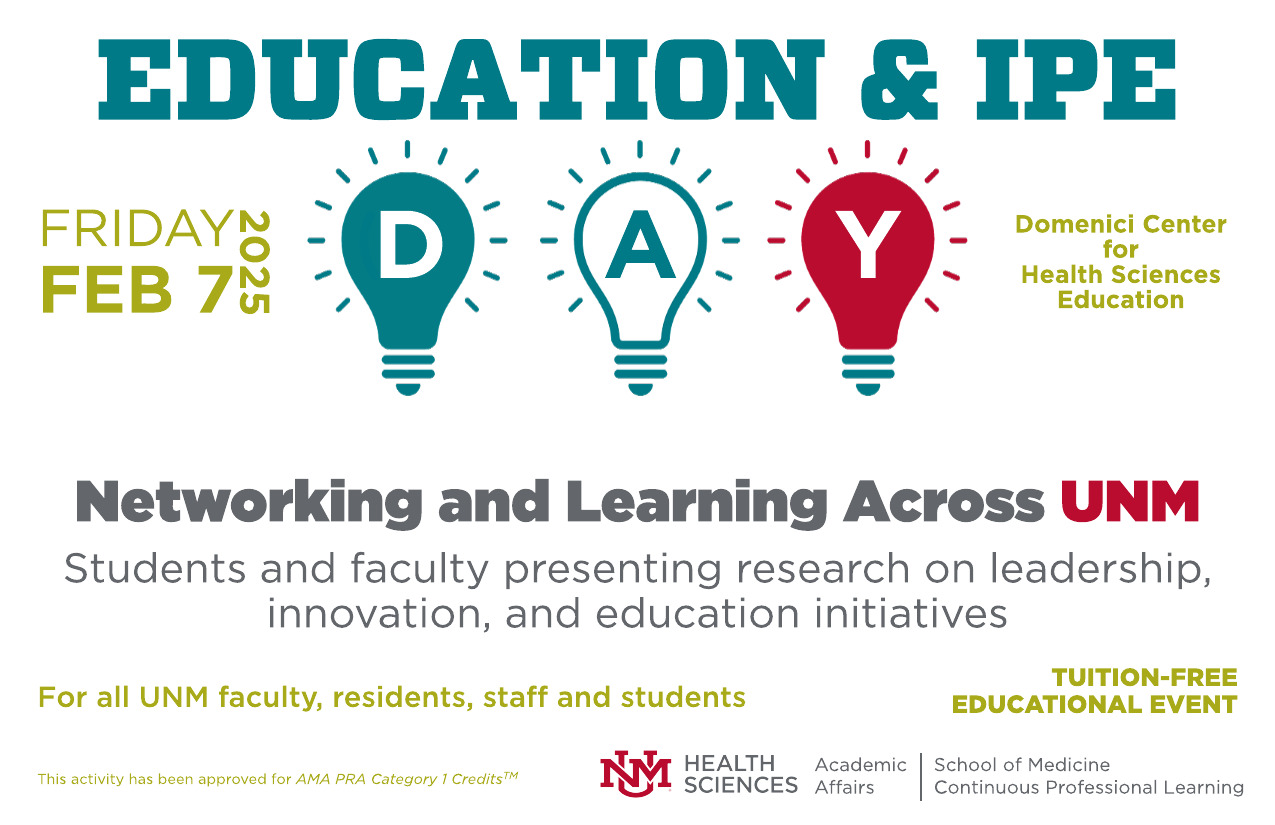
HSC Education Days
Document Type
Presentation
Publication Date
10-4-2019
Abstract
BACKGROUND: Despite decades of reporting, rates of medical student mistreatment on the surgical clerkship remain a national issue; our institution is no exception. In order to understand if misaligned perceptions about what constitutes mistreatment were leading to high rates of reported mistreatment at our institution, we implemented a well-studied video-vignette-based intervention on our surgical clerkship. We combined this intervention with semi-structured focus groups to gain further insight into the unique experience of students. METHODS: Medical student volunteers were recruited from the surgery clerkship to participate in a two-hour session consisting of a one-hour semi-structured focus group followed by the video vignette-based curriculum, which was accompanied by a facilitated discussion. RESULTS: Over five clerkship blocks 76 students responded to the end-of-clerkship survey (83% response rate). Based on the end-of-clerkship survey results, students were more likely to report experiencing mistreatment (24% vs 9%, p=0.096) or witnessing mistreatment (47% vs 6%, p<0.01) if they participated in the intervention. Students who participated in the intervention also reported experiencing neglect more frequently than non-participants (“Often” 15% vs 4%, p=0.05; “Never” 24% vs 57%, p=0.05). Conclusion: Analysis of focus group data indicated that lack of psychological safety in the learning environment is a key factor contributing to medical student reporting of mistreatment. Since this study began, we have implemented changes to the clerkship as well as to the department of surgery to create a more positive learning environment, which are already showing promising results. This study illustrates that education-based interventions alone are not sufficient to address mistreatment on the surgical clerkship, and that locally responsive solutions that address psychological safety in the learning environment are critical to effecting real change.
Recommended Citation
Williams-Karnesky, Rebecca Lynn and Ming-Li Wang. "More than Aligning Perceptions: Medical Student Mistreatment and Psychological Safety on the Surgical Clerkship." (2019). https://digitalrepository.unm.edu/hsc_ed_day/35

Comments
This presentation was presented during the University of New Mexico Health Sciences Center Education Day, 2019.